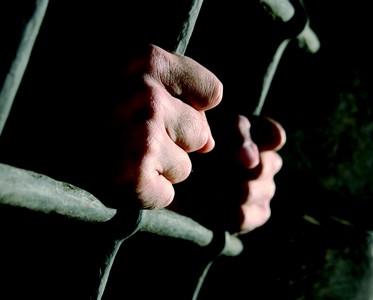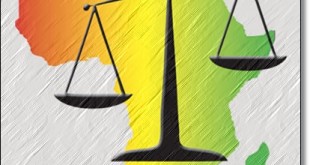The recent revolutions in Tunisia, Egypt and more recently Libya (United Nations members) have produced not only civilian casualties, but also what the international community is calling unlawful detainment of anti-government protestors. In Egypt, many of the detainees are still being held incommunicado (without access to family or lawyers) with no official charges or reasonable justification for those detained. Some fortunate detainees who were released said they were not so fortunate while in detention because of physical and psychological torture.
According to Human Rights Watch, the military led Government in Egypt has acknowledged that they still have protestors in prisons but have not made public the list of names of those still missing. Human Rights Watch said every detainee should be brought before a judge immediately to exercise their human right to obtain a writ of habeas corpus. Writ of Habeas corpus is a Latin term literally meaning (we command) “you are to have the body.” It is seen in legal documents as habeas corpus ad subjiciendum. A writ of habeas corpus is a summons with the power of the court order, addressed to the custodian ( prison official) demanding that a prisoner should be taken before the court, and that the custodian come forth with proof of authority, permitting the court to determine if the custodian has legal authorization to detain the prisoner. If the showing for the proper restraint of freedom is insufficient, the court is bound by duty to order the termination of the restraint therefore giving liberty to the prisoner.
According to Blackstone Legal Dictionary, the first recorded usage of the “great wit” was in 1305 during the reign of King Edward I of England. Blackstone, “The King is at all times entitled to have an account, why the liberty of any of his subjects is restrained, wherever that restraint may be inflicted.” The procedure for issuing a writ of habeas corpus was first codified by the Habeas Corpus Act of 1679 in England, following judicial rulings which had restricted the effectiveness of the writ. Despite this date, it clearly precedes the Magna Carta of 1215. According to law journalist Joseph Dale Robertson, Magna Carta obliquely makes references to Habeas Corpus through express reference to the law of the land. From Magna Carta the exact quote is “ no free man shall be taken or imprisoned or disseised or exiled or in any way destroyed except by the lawful judgment of their peers or by the law of the land.” The practice and right of Habeas Corpus was settled practice and law at the time of Magna Carta and was thus a fundamental part of the unwritten common “law of the land”.

In Libya the “law of the land” can be found in Moammar Gadhafi’s GREEN BOOK on government, published in 1975. While his son Saif al Islam Gadhafi has called once again for a constitution during the uprisings, Colonel Gadhafi still has his own methods of governing found in the Green Book. One excerpt is as follows: “ The natural law of any society is grounded in either tradition (customs) or religion. Any other attempt to draft law outside these two sources is invalid and illogical. Constitutions cannot be considered the law of society. These constitutions are based solely on the premises of the instruments of dictatorial rule prevailing in the world today…” Astonishing quote from the Colonel considering that he is a Dictator himself.
The U.S. STATE Department claims his authoritarian regime has had a poor Human Rights record for years, currently getting worse! Political prisoners held with no charges or trial and no chance for a writ of habeas corpus , arbitrary arrests and detention, prisoners held incommunicado. The judiciary is controlled by the state, and there is no right to a fair and public trial. Freedom of speech, press, assembly, association, and religion are restricted. Independent human rights organizations are prohibited. Ethnic and tribal minorities suffer severe discrimination according to the United Nations Human Rights Watch. After all these occurrences, should anybody be startled at the current revolution in Libya?
Robert W. Curley, Jr (New York)
Communications Consultant
for Business Law/ Finance in English
for consultation/coaching please contact at :
 Le petit juriste Site de la revue d'actualité juridique
Le petit juriste Site de la revue d'actualité juridique





